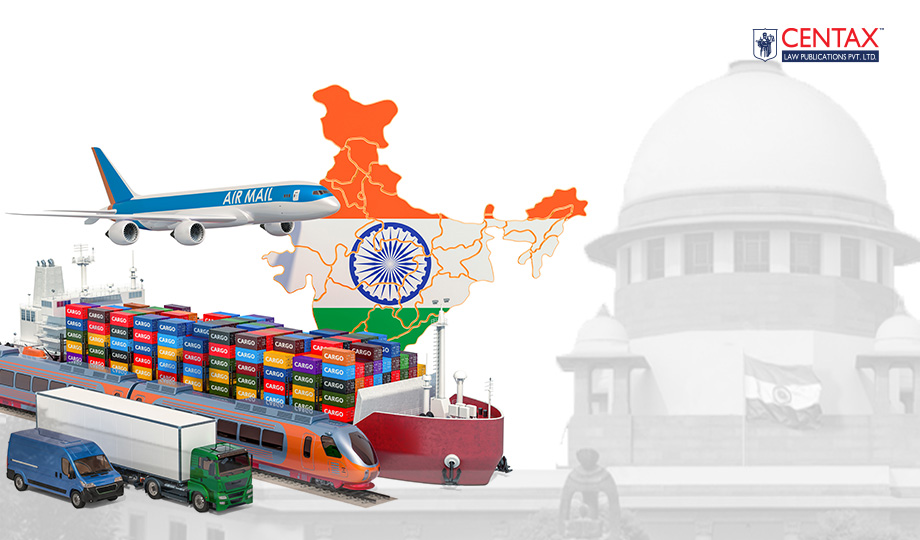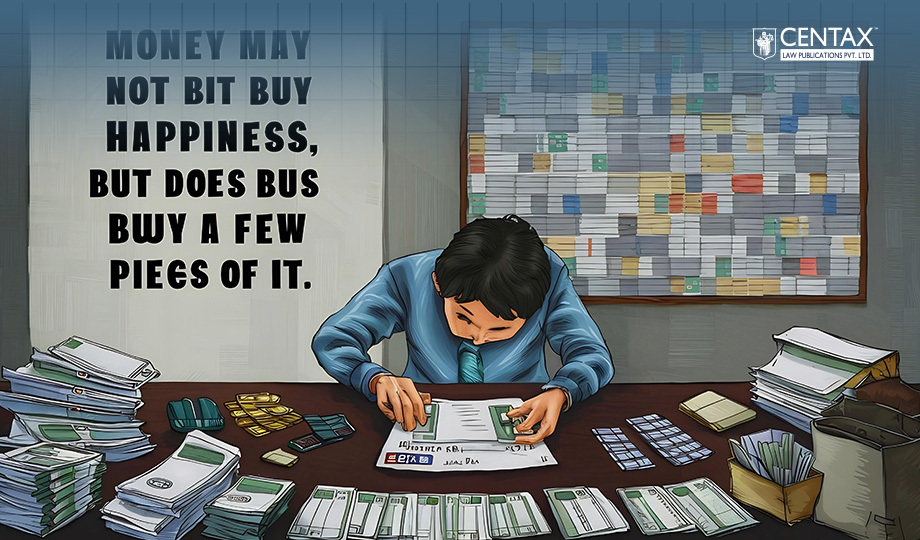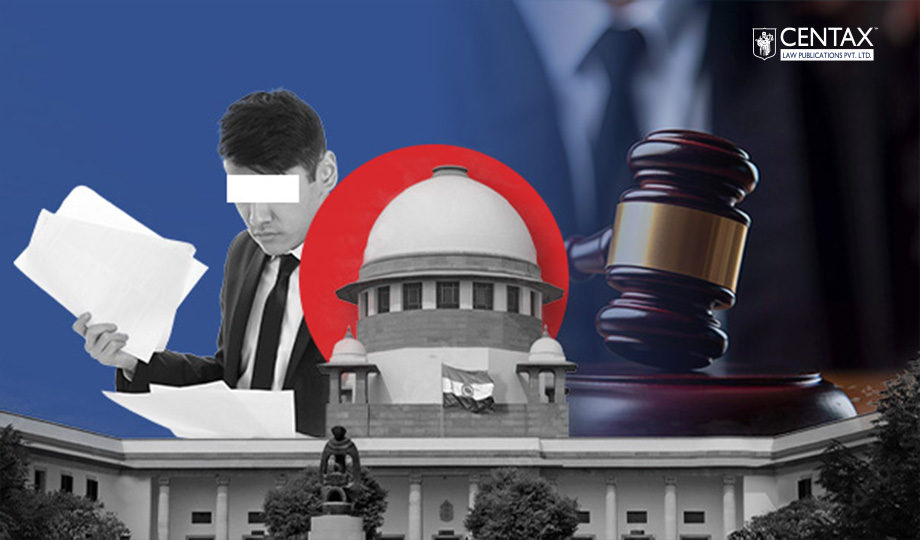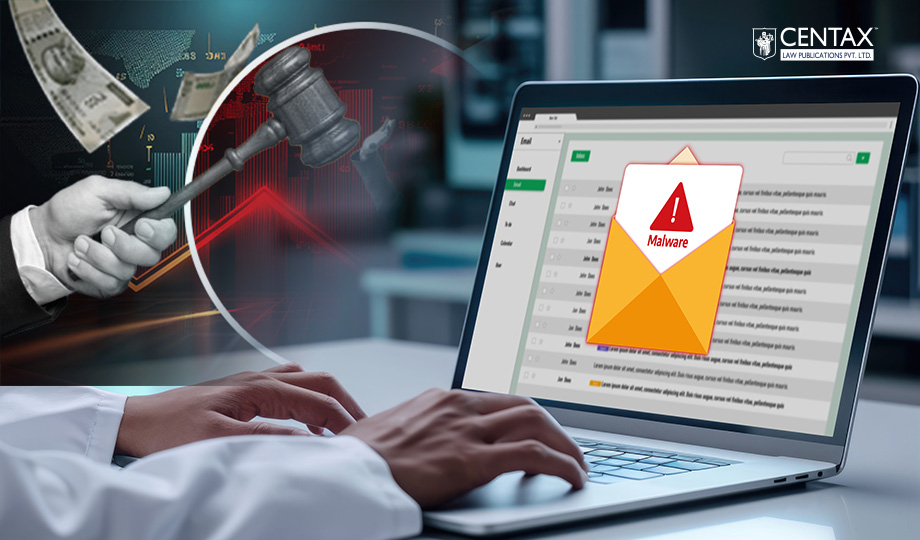
Input Tax Credit (ITC) on Ex-Works Contracts refers to the eligibility and applicability of ITC on goods or services purchased under an Ex-Works (EXW) contract within the Goods and Services Tax (GST) framework.
Table of Contents
1. Background
It has been observed that in the automobile sector, contracts between automobile dealers and Original Equipment Manufacturers (OEMs) are typically structured as Ex-Works (‘EXW’) contracts. Under the terms of such contracts, ownership of the goods (i.e., vehicles) is transferred to the dealer at the OEM’s factory gate when the goods are handed over to the transporter at the dealer’s request, thereby completing the OEM’s delivery obligations at the factory gate.
The transportation may be arranged by the OEM on behalf of the dealer, and if insurance is procured, it is also arranged for the dealer’s benefit. In the event of loss, any insurance claims must be lodged by the dealer. Additionally, the dealer duly records the invoice in his books of accounts upon the delivery of vehicles at the OEM’s factory gate.
The dealer claims Input Tax Credit (ITC) on the date the vehicles are invoiced and handed over to the transporter by the OEM at the factory gate. However, certain field formations have taken the position that ITC can only be availed by the dealer once the vehicles are physically received at his GST-registered place of business.
2. CBIC Clarification
Pursuant to the recommendations of the 55th GST Council meeting, the Central Board of Indirect Taxes and Customs (CBIC) has issued Circular No. 241/35/2024- GST, dated 31-12-2024, providing clarification on the timing of availing Input Tax Credit (ITC) for supplies made under Ex-Works contracts.
To ensure uniformity in the implementation of legal provisions, the CBIC has clarified that the delivery of goods to the recipient or any person acting on behalf of the recipient at the supplier’s factory gate shall be deemed as ‘receipt of goods’ by the recipient for the purpose of claiming ITC.
Sub-section (2) of Section 16 of the CGST Act operates as a non-obstante clause to Section 16, outlining the conditions under which a registered person is ineligible to claim ITC on the supply of goods or services. Clause (b) of this provision stipulates that no registered person shall be entitled to ITC unless the goods or services have been ‘received’ by him.
The explanation appended to the said clause stipulates that a registered person shall be deemed to have ‘received’ the goods in the following circumstances:
- The goods are delivered by the supplier to the recipient or any other person acting on the direction of the registered person.
- Such direction may be issued either before or during the movement of goods; and
- The delivery of goods may take place either through the transfer of documents of title to the goods or by any other means.
A plain reading of the aforementioned clause and the appended explanation makes it evident that there is no specific requirement regarding the place where the goods must be ‘received’ by the registered person to satisfy the condition for claiming ITC.
The circular clarifies that in the case of an Ex-Works (EXW) contract, the goods shall be deemed to be ‘received’ at the moment they are handed over to the recipient or any other person acting on the recipient’s behalf.
Accordingly, ITC can be availed upon the handover of goods at the supplier’s factory gate, regardless of the fact that the recipient may physically receive the goods at a later stage.
Additionally, this principle extends beyond the automobile sector (as referenced in the circular) and applies to all supplies where the contract between the supplier and recipient follows the Ex-Works (EXW) model.
Furthermore, it is clarified that the eligibility to claim ITC remains subject to compliance with all other conditions prescribed under Sections 16 and 17 of the CGST Act.
Moreover, if the goods are found to have been diverted for non-business purposes at any stage, or if, after being received, they are lost, stolen, destroyed, written off, or disposed of as gifts or free samples, the registered person shall not be entitled to claim input tax credit on such goods.






















